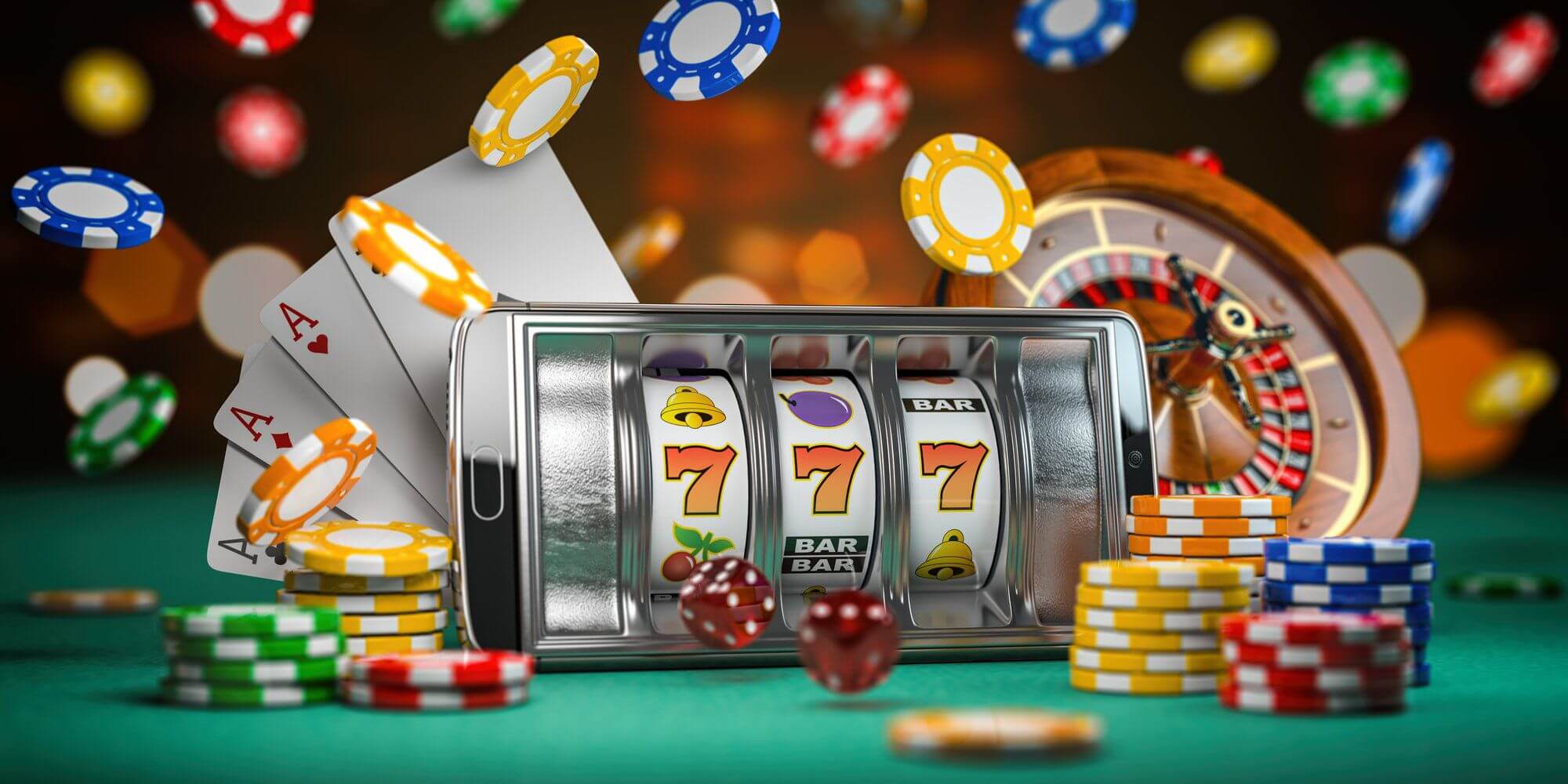
In the vibrant realm of gambling halls, in which the air pulses with excitement and the clattering of chips permeates the environment, the role of a dealer is both crucial and fascinating. Every day, these skilled professionals step into a realm where fortune and strategy intertwine, guiding players through the ups and downs of their selected casino titles. From card games like blackjack and poker to the revolving wheels of roulette, dealers manage the gameplay while making sure that every game runs smoothly and honestly.
As the sun rises on another hectic day, a casino dealer prepares to dive in this dynamic setting. Their duties extend beyond merely dealing cards or turning a roulette wheel; they are also entertainers, customer service representatives, and keepers of the rules. Each shift brings new challenges and interactions, making every day distinct in the life of a dealer. This behind-the-scenes look will examine the daily routine of a casino dealer, highlighting the skills and insights that make this career both thrilling and rewarding.
The Role of a Gambling Game Croupier
A casino table dealer is at the core of the gambling experience, orchestrating the progress of the game while making sure that players are engaged and entertained. Their primary responsibility is to manage the game, which involves distributing cards, rotating the wheel, or handling the chips, depending on the game being played. Croupiers must have a thorough understanding of the rules and guidelines governing each game, while also maintaining a friendly and approachable demeanor to improve the gambling atmosphere.
In addition to managing the play, croupiers must also monitor on the players and the environment around the table. This entails watching for any signs of cheating, ensuring that everyone is following the rules, and resolving any conflicts that may arise among players. Strong communication skills are vital, as dealers often give explanations about the rules and mechanics and give assistance to those who may be new to gambling games.
Furthermore, a croupier’s role extends past just the mechanical aspects of the play. They play a key part in crafting an enjoyable experience for the players. This requires establishing a connection with patrons, being sensitive to their needs, and often adding an aspect of fun into the play. It’s this combination of skill, vigilance, and people skills that makes the role of a gambling game dealer both challenging and fulfilling in the dynamic world of gambling games.
Responsibilities and Challenges in Daily Operations
One of the main responsibilities of a casino game dealer is to oversee the multiple games available at their table, making sure a smooth and enjoyable experience for players. Dealers must be adept at dealing cards, managing chips, and maintaining the flow of the game. This calls for a keen understanding of the regulations of each game, from blackjack to roulette, and the ability to address players’ questions while maintaining the game progressing. Attention to precision is essential, as dealers must track bets, disburse winnings accurately, and monitor any cheating or discrepancies at the table.
In addition to managing the game per se, dealers encounter challenges such as managing difficult players. The casino environment can be high-pressure, particularly during high-stakes games, and a dealer must remain composed and maintain professionalism at all times. They need robust interpersonal skills to navigate interactions with players who may be upset about losses or dissatisfied with the game’s speed. Navigating these situations delicately is crucial in creating a friendly atmosphere on the casino floor.
Another major responsibility is maintaining the integrity of the game. Dealers must be vigilant and attentive, watching for any signs of player cooperation or cheating among players. This involves not only a strong knowledge of the games but also an awareness of human behavior. They must also adhere to the casino’s regulations and procedures, participating in regular training sessions to keep updated on rules and protocols. Balancing these responsibilities while providing top-notch customer service is what makes the role both challenging and fulfilling for a casino game dealer.
Attributes and Skills for Success
A successful casino game dealer must demonstrate excellent communication skills. This includes not only the ability to clearly explain game rules and procedures to players but also the capacity to engage with them in a cordial and professional manner. Cultivating rapport with customers can enhance the gaming experience and encourage repeat visits to the casino. Strong communication enables dealers to manage tables efficiently while ensuring that players feel appreciated.
Additionally, robust mathematical skills are essential for a dealer. Quick math are often required to monitor bets, payouts, and game outcomes in the moment. A dealer’s ability to perform these calculations accurately and swiftly promotes to the overall efficiency of the game. This skill helps in maintaining the flow of play and in minimizing disputes or misunderstandings with players, which is crucial in a fast-paced casino environment.
Lastly, an ideal casino game dealer should exhibit integrity and professionalism at all times. Trust is a key component of the gaming experience, and players must feel assured that the games are conducted honestly and transparently. A dealer’s dedication to upholding high ethical standards fosters a welcoming atmosphere at the table and enhances the casino’s image. Being consistent in behavior ensures that dealers leave a lasting impression on guests, which can lead to a faithful customer base. VU88
